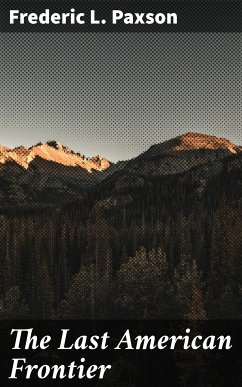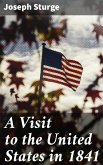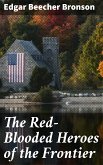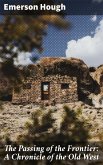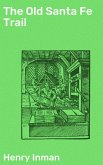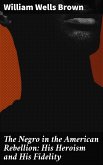In "The Last American Frontier," Frederic L. Paxson delves into the transformative period of American history from the late 19th century into the early 20th century, a time marked by the closing of the frontier and its profound implications on national identity. Paxson employs a narrative style rich with historical detail, encapsulating the tales of pioneers, settlers, and the indigenous populations whose lives were irrevocably altered during this era. His work synthesizes varied sources and perspectives, positioning the frontier as not merely a geographical boundary but a complex cultural landscape that shaped American values and ideals. The text is meticulously researched, making it a significant contribution to both historical scholarship and American studies. Frederic L. Paxson, a notable historian of early American history, accessed this rich tapestry of narratives fueled by his own Midwestern upbringing and academic pursuits at the University of Michigan. His commitment to capturing the essence of American experiences in relation to frontier dynamics allowed him to write with authority. Paxson effectively illuminates the societal and cultural shifts that arose as America transitioned from a frontier society to a more industrialized nation. This book is essential reading for anyone interested in understanding the complexities of American history and identity. Paxson's insightful analysis and engaging prose will captivate both scholars and casual readers alike, encouraging them to reflect on the lasting impacts of the frontier era on contemporary America.
Dieser Download kann aus rechtlichen Gründen nur mit Rechnungsadresse in A, B, BG, CY, CZ, D, DK, EW, E, FIN, F, GR, H, IRL, I, LT, L, LR, M, NL, PL, P, R, S, SLO, SK ausgeliefert werden.

